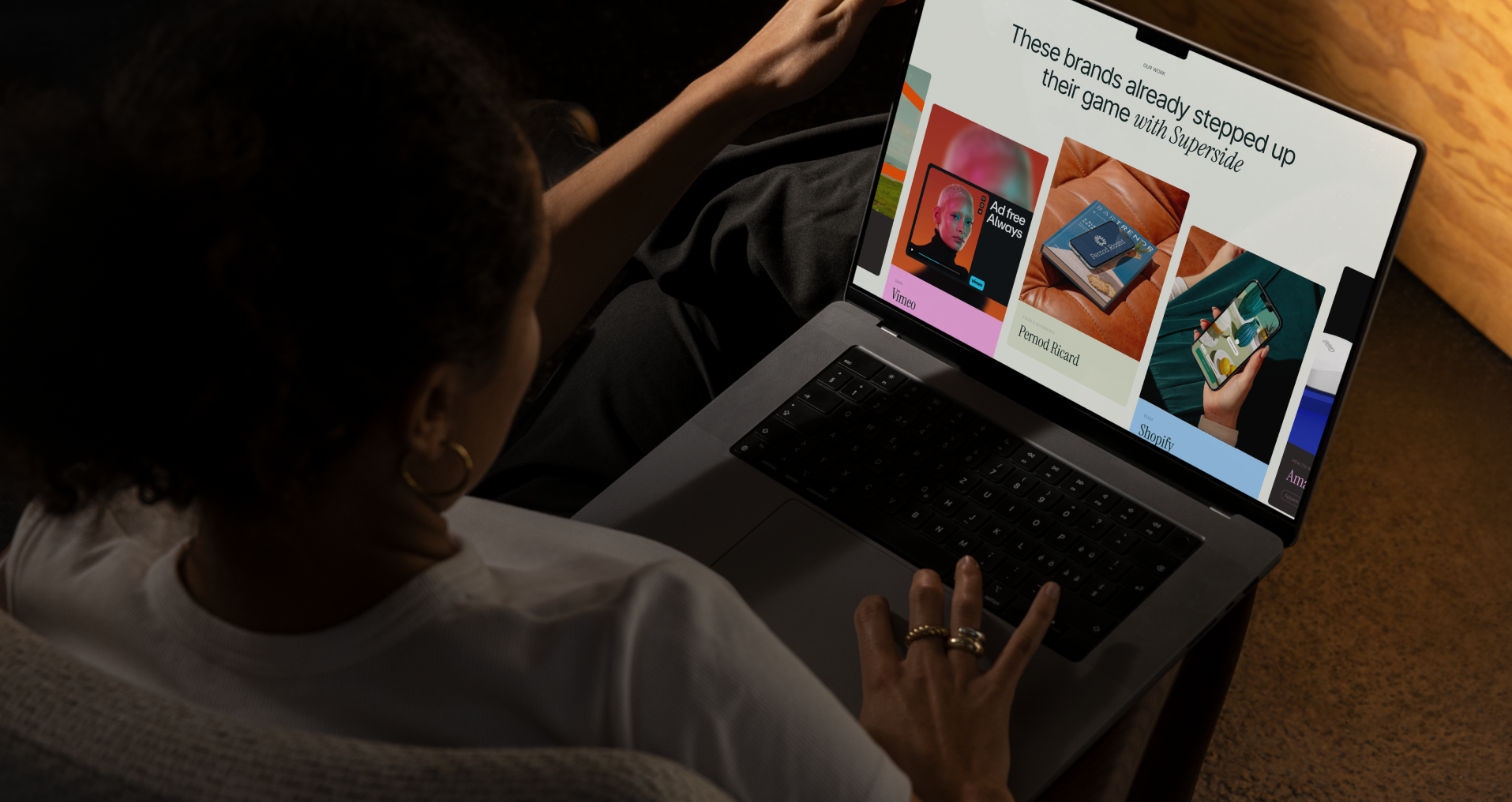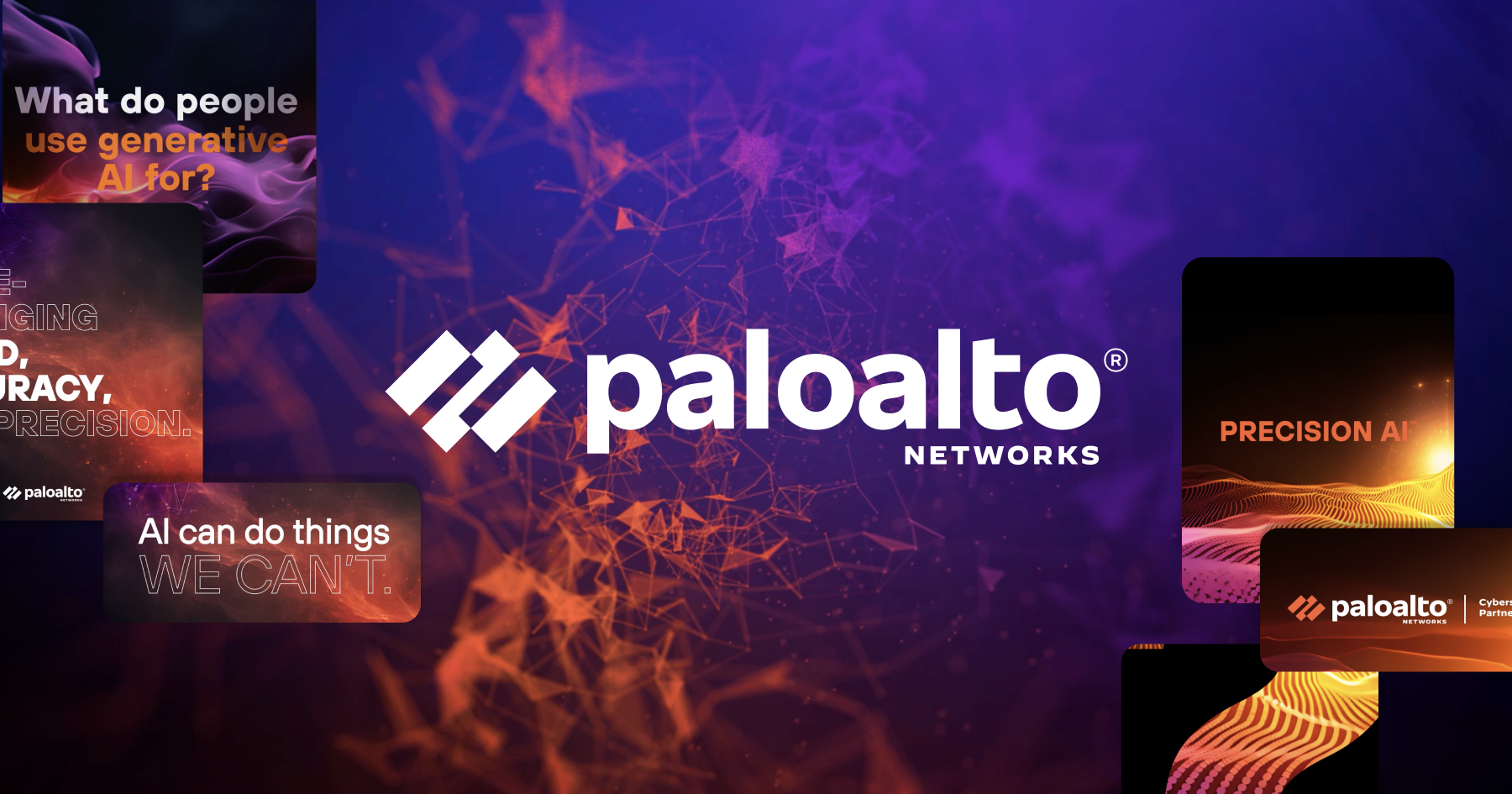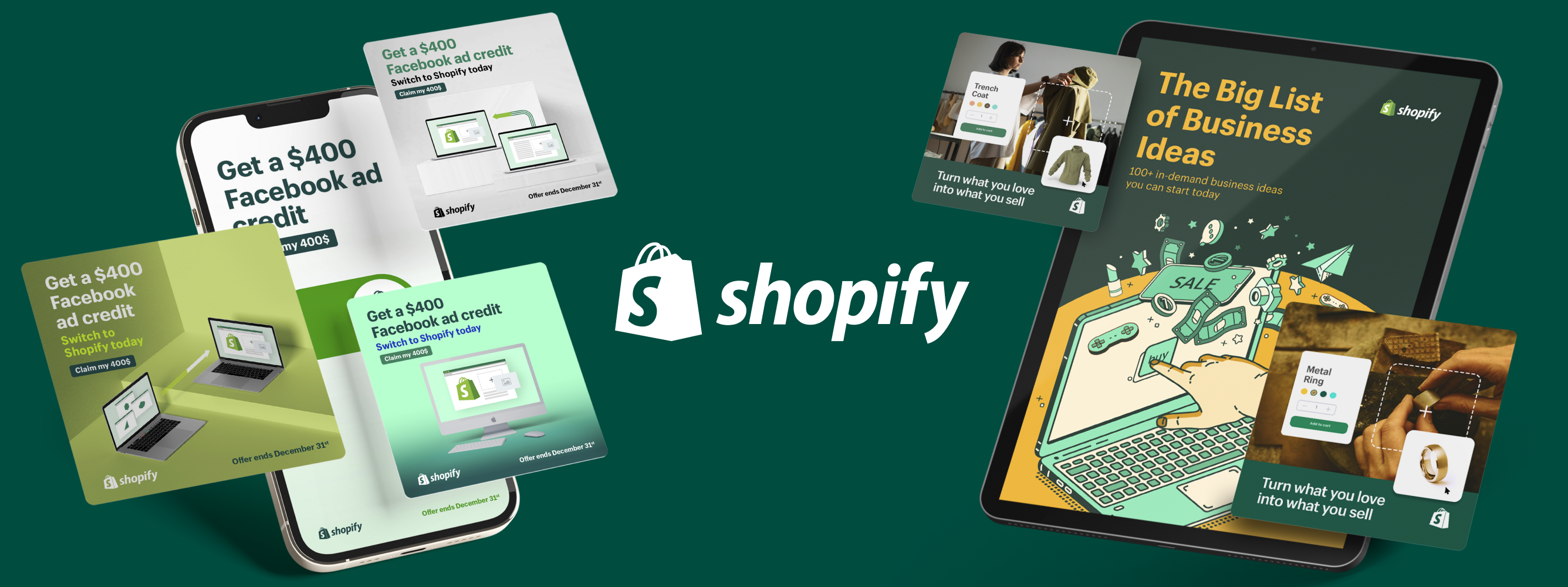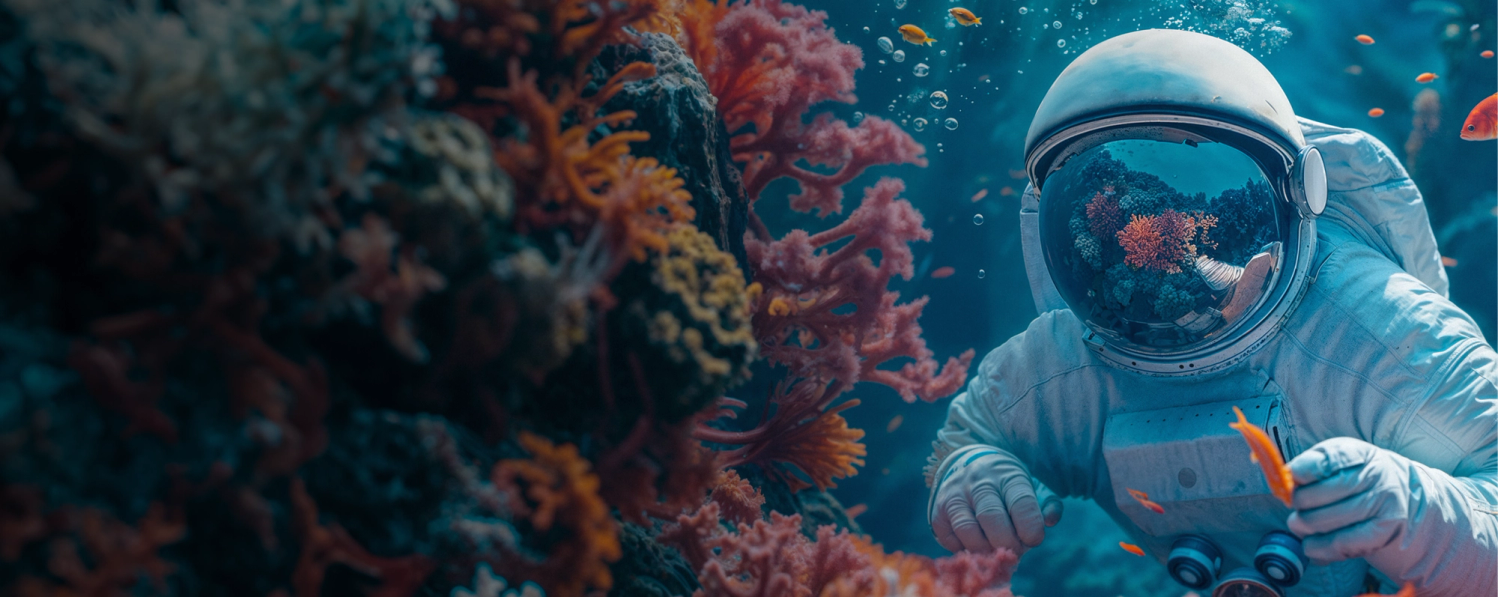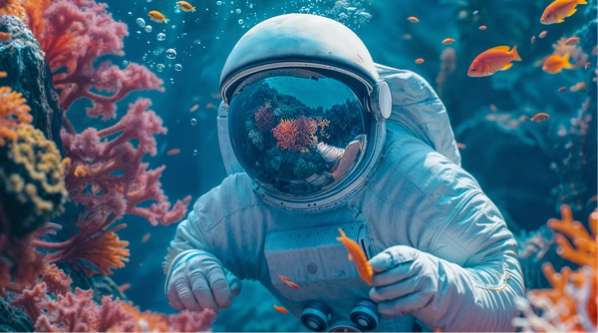4 Signs Your Creative Agency Is a Bad Friend


If your creative agency doesn’t let you pivot, lies about costs, moves slowly or doesn’t seem to “get” your brand, they’re a bad choice of friend.
A business partner is a kind of friend. Yes, their primary interest is the money you pay them, but that money buys a lot. It buys shared goals, mutual understanding, commitment and camaraderie. Once the papers are signed, what you’ve got is a friend.
This is the call you make when you shack up with a creative agency. You let these people touch the face of your brand—how many people would you let touch your face?
Despite the importance of a “good friend” mentality in creative marketing, there are very few good friends in the world of creative agencies. And they’re wasting your money.
Why Do Creative Marketers Need a Friend?
Some of you are already on the defense. “Leave my creative agency alone. They charge pennies and crap gold every time,” you prepare to post in the comment section we don’t have (try LinkedIn instead). This is not for you, lucky one.
This is for everyone else:
- Those who’ve had to keep their eye on their creative partner; those who’ve dealt with “good enough” for months or years.
- Those who have a hunch the next ad in their inbox will require multiple revisions.
- Those tired of not being able to make critical changes to creative assets as needed.
- Those who’ve spent countless hours ideating because the partner couldn’t be the brand ambassador they needed, etcetera etcetera.
If you’re so much as wondering what life could look like with a different partner—a better friend—this is for you.
“Good enough” isn’t good enough.
Your brand can’t afford a partner who takes more than they give. “Good enough” may cut it behind the counter of a fast food joint, but there’s no longer room in the digital playground for B-minus creative. Too many businesses are competing for the spot in your audience’s eyeline, and some of them are pretty good at it. More to it, your audience is giving most of you two seconds of their time before scrolling on—unless you’re clever and consistent enough to give them pause.
You can’t go into a market this demanding with someone you can’t trust, but many creative marketers are doing just this. And they’re hurting their brand and their wallet in the process.
This is how to spot a bad friend in creative marketing.
Many marketers have not only spotted this, 40% of brands are now considering ditching their agencies altogether.
1. They’re Stubborn
You spoke on Monday about going for a movie and drinks this Saturday. But, you had to shift gears to drinks-only when you remembered your cousin’s birthday dinner earlier in the evening. A little forgetful of you, but nothing a good friend wouldn’t understand. But they won’t budge. They work themselves up over it, and attempt to browbeat you into fulfilling the original commitment.
Do you have any friends like that? Not many, likely—people who behave like this tend not to stay a friend for long.
It’s not okay when your creative agency does it, either.
We wouldn’t accept it in a friend, but many creative marketing teams feel forced to accept it in their business partners. They accept it as the nature of creative work: What’s in the contract is gospel, and cannot be changed at any point. The market could collapse, the ground beneath your business could swallow you whole… it doesn’t matter. Any change to a creative asset will be a day of reckoning, if it’s entertained at all. As far as they’re concerned, the deal is done.
If your creative agency makes it hard for you to pivot or make important changes to creative assets as the project is underway, your agency is a bad friend.
2. They’re Not on the Same Page as You
You’re sitting down for drinks with a friend, and conversation is dry. They don’t seem to respond much to external stimuli, and things feel stilted. When you try to liven things up or be funny, they seem incapable of or unwilling to riff with you. They don’t get your jokes, they can’t “yes and” you. Conversation’s a give and take, and they’re not giving much.
This can be a rough one, as it’s not necessarily their fault. But knowing that doesn’t make the relationship any more enjoyable. You’re not a good fit for one another.
It’s not a good fit for a creative partner, either.
You’ll know if your agency’s a bad fit if they consistently struggle to understand you. If you’re frequently hashing out miscommunication through the pitching and ideating processes with your agency, it’s a sign they’re not the friend for you.
Most agencies can’t be your creative team’s other half. In their defense, how could they? Their business model of project-based gigging doesn’t allow their designers ample time to learn the brand. They’re often juggling an ungodly number of projects, and can be moved between them at the agency’s will depending on what needs hours most. That’s why it took you 20 emails to sort the details for one social ad.
This is the difference between a colleague and a CaaS (creative as a service) partner. The former sees your brand as a number on a sheet; the goal being only to meet the standards juuust enough that you don’t start sending angry emails. The latter is a friend of your business—someone who treats your brand as a living thing, and attaches themselves to it like a suckerfish. Between a full team of design professionals, they have the time and the resources to become brand experts.
3. They Take Forever to Get Going
Say you live a couple of blocks away from a friend. Come one Friday, you ask them out for a hang that night. They agree to meet you at 7. But when you’re on location at 7, they’re nowhere in sight for upwards of 30 minutes. You message them a few times asking what’s up, only to get sparse, iffy assurances they might be on their way. Eventually, they get there, but your enthusiasm’s waned considerably.
You try again another time, only to run into the same issue. You’re starting to see a pattern, and it doesn’t bode well for a long-term friendship.
It’s not good for a creative partner to move slowly, either.
Like the friend who takes a week to put their shoes on, the creative agency who can’t move quickly is killing you. The agency that takes forever to ideate new assets is stalling your brand. You need high-caliber creative assets by the dozen, and you can’t be holding their hand the whole time.
If your creative agency can’t be there for you with fresh concepts as you need them—which is most of the time—they’re a bad friend to your brand.
4. They Hide Important Details
They suggested dinner, and you acquiesced. When the check drops, they start nickel-and-diming you. Suddenly, they don’t think it’s fair to split the bill. They only had 3/8ths of the wine, your meal came with fries and is thus more expensive, and they paid $3.50 for the parking, which was really generous of them if you think about it.
Had you known hell awaited you, you wouldn’t have agreed to the dinner in the first place.
It’s bad when your creative agency does it, too.
Among the least forgivable sins an agency can commit is also the most common: They’re not transparent in their pricing. They know how much a project is going to run you in the end—they’re only acting like it “exceeded expectations” so you don’t cry fraud.
Attract with vague pricing, agree to “flexibility” to account for the unforeseeable, then drop a bigger, possibly bloated number on the invoice. They’ve done this a thousand times before, and they’ll do it a thousand times again before the day is over.
If your creative agency surprises you with bigger bills than you expect, they’re a bad friend.
What’s a Good Friend in Creative Marketing?
A good creative partner is integral to your success. Being a good friend means acting like it:
- They see your brand as their brand. They dedicate a team to your brand, rather than the usual single overworked designer.
- They respect your need for change, and accommodate your need to pivot as you need. They don’t try to wiggle out of projects with “that’s not in the contract”. They’re finished only when you’re finished.
- They get you. They don’t need to spend a long time ideating to get the wheels moving. They learn your brand through and through.
- They know how to talk to you. They leave no room for miscommunication when pitching or refining ideas. Friends have a language, and know how to meet you where you are.
- They’re up front with you. They don’t waver on pricing, and don’t surprise you with hidden costs at the end of a dinner/pay cycle.
Make Better Friends, Get Better Results
A strong creative partnership is what sets high-performers apart from those who can only dream. We’ve come to a point where creative has to be as captivating as it is ubiquitous to move the needle on brand goals, and anything less is a recipe for stagnation. The digital market is remorseless in its standards, and industries are crumbling as the era of “easy money” for ambitious businesses comes to an end.
This is not an arena you want to enter without a trusted friend at your side. Joining forces with a true creative partner means meeting this new digital standard head-on rather than running from it: hiring another new designer, limiting output, scrapping or delaying important creative projects etc. As we scroll past the umpteenth massive layoff this month on our feeds, it’s clear these tactics don’t work anymore.
The reason our best memories are with our friends is because the people we surround ourselves with make success possible. With a dependable creative ally at your side, you don’t need to worry about the big scary market’s plans for your team. You’ve got everything—and everyone—you need.
David is a Senior Content Marketer at Superside. A former journalist with bylines too numerous to enumerate, he brings his love of storytelling and semantics to the marketing world. Recognizing the sizable gaps in the creative-as-a-service (CaaS) sector, he jumped at the chance to fill the creative void for ambitious brands. In his off hours, he enjoys loud music, making vegan meals and being made fun of for making vegan meals. He’ll gladly talk to you about any of the above on LinkedIn.
You may also like these

Enterprise Graphic Design RFP Best Practices (Checklist Included)
For enterprise and mid-market businesses looking to enhance their creative capabilities and scale overall capacity, issuing graphic design RFPs are an essential part of the formalized procurement process for agencies, contractors and other external partners.RFPs create a structured, transparent framework for assessing and comparing service proposals from different outsourced creative partners.As an internal stakeholder, your opening role is to lay out your creative needs and timelines, communicating efficiently to prospective partners exactly what you’re looking for in a business relationship.In turn, these prospective creative service partners are asked to put their best feet forward demonstrating why their capabilities, capacity, skills, tools and scale are the best fit.On average, respondents spend around 30 hours of writing time developing their proposals. While it varies, you can expect to put just as much time into writing your RFP, evaluating the responses, communicating with procurement and selecting the winner of your work and budget.
8 Creative Agency RFP Templates for Enterprise Teams
Creative agency requests for proposals (RFPs) are conversation starters—incredibly important icebreakers.Mid-market and enterprise teams issuing the requests are introducing their brands, key business challenges and expectations of their creative service partners. Conversely, prospective partners use this information to pull together their responses.It’s a high-stakes, high-effort process for everyone. Communication breakdowns mean neither side gets what they need. More than ⅓ of brands get incomplete or inaccurate responses to their creative service RFPs.
Speed vs. Efficiency: Why Creative Teams Need Both
You have a great (and time-sensitive) idea but no way to execute it. Quelle nightmare.When Superside asked Enterprise marketers and creatives about their most pressing enterprise design challenges, 25% said “speed and efficiency.” Why? Because in-house teams are overwhelmed and overscheduled. Hiring takes time and doesn't solve every problem. Outsourcing to agencies often means longer lead times, while freelancers can work quickly but aren't always available. The laundry list goes on... But, what if you could brighten your whites, remove even the toughest stains and easily rinse and repeat, getting quality creative quickly and efficiently?First, let’s cover a crucial difference between the meanings of “speed” and “efficiency.” Then we’ll show you how Superside helped boost productivity at IPG, National Gas and Synthego (and many others).
